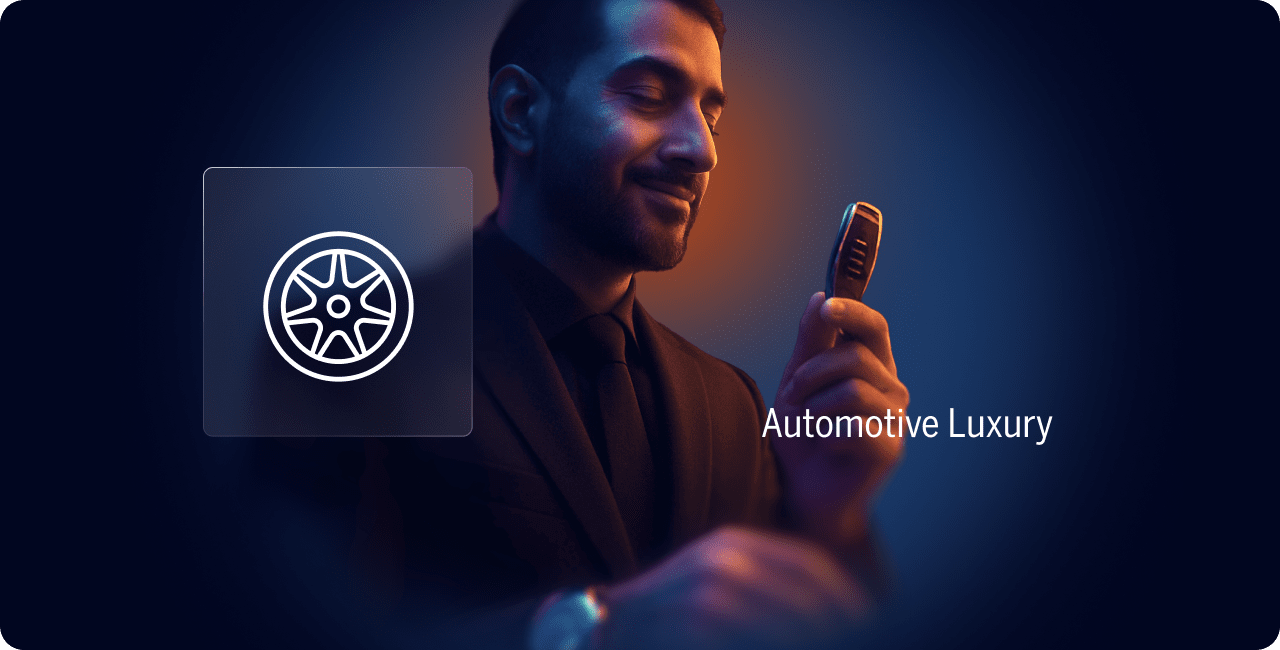Few categories embody aspiration like luxury automobiles. Ferrari, Lamborghini, Aston Martin, and Bentley: These names carry instant recognition and a halo of power, exclusivity, and status. For decades, they’ve been the pinnacle of performance and prestige.
But in today’s shifting landscape, prestige alone may not be enough. Our 2025 Brand Intimacy Study, which measures the emotional bonds people form with the brands they use, shows luxury automakers facing an existential challenge: how to survive in an era where technology, regulation, and consumer values are rewriting the rules of desire.
For the first time, we’ve separated luxury automakers from mass-market automotive brands. What once was the single strongest industry in our study—automotive—has fractured. Luxury now operates under pressures and expectations so different that grouping it with mass-market brands obscured the real story. And the story is critical: Can prestige survive without intimacy?
A Fractured Industry
Electric vehicles (EVs) have changed the sensory experience of driving, replacing visceral cues with digital simulacra such as fake clutches and manufactured engine notes. These are “driving experiences” expressed in software rather than steel. Even basic EVs deliver powerful acceleration and straight-line performance. Rimac Nevera1 has set performance records that exceed most traditional hypercars. Even the more accessible Lucid and Porsche Taycan rival gas-powered supercars—and they have back seats too.
Meanwhile, Chinese EV makers are producing attention-grabbing models at higher price ranges. The 2,959-horsepower YangWang U9 Xtreme hypercar recently hit 308 mph, dethroning Bugatti to become the world’s fastest production car2.
This expansion of EV performance puts legacy luxury automakers in a bind. The field they once dominated has become overcrowded, and their traditional weapons of scarcity, prestige, and horsepower are no longer guaranteed to command relevance. Aside from Ferrari, which continues to rank highly, others in the category are lagging.


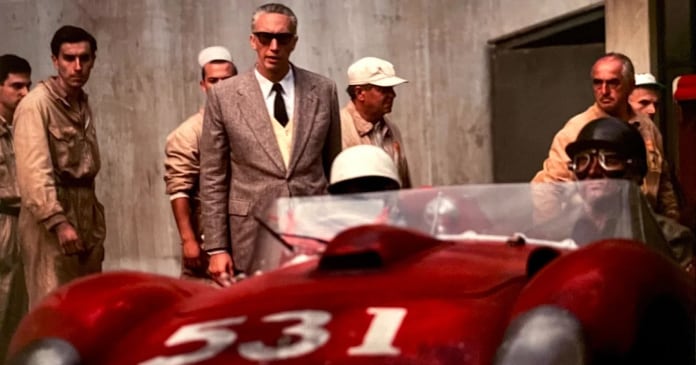
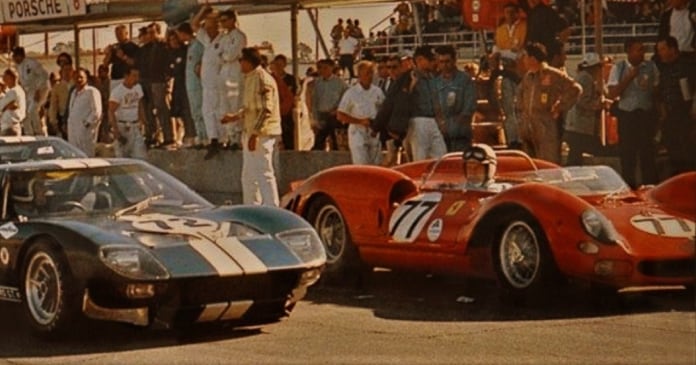
Luxury cars in pop culture: James Bond’s Aston Martin, F1, Ferrari biopic, Ford vs. Ferrari (Image: Reddit, Augustman, Sneakpeek, Borg)
The Enduring Allure of Scarcity
Luxury cars remain ultimate status symbols because of scarcity, tightly controlled production, and high margins. Unlike most industries, luxury brands thrive on “anti-marketing”: The less accessible or promotional, the more desirable they appear.
But the allure these brands cultivate runs deeper than exclusivity. They build intimate bonds with purists, fan clubs, and collectors. Sponsorships, private clubs, and meticulous brand protection reinforce their mystique. A prime example of this allure is how these brands become movie icons that create indelible associations in our minds. Few would struggle to recall the brands in these iconic frames.
This resonance shows up in our measurement of Brand Intimacy archetypes. Ferrari scores high on nostalgia, reflecting its legacy of speed and racing heritage. With stronger prevalence (24.6) and character (41.7), Ferrari’s appeal is deeply tied to heritage and identity. Lamborghini leans toward indulgence, embodying excess, drama, and the unapologetic thrill of being seen. Its resonance emphasizes intensity (41.5), capturing the rush and spectacle of the moment. Side by side, they form a case study in how identity fuels intimacy with customers.
Cracks in the Crown
On the flip side, Jaguar remains the cautionary tale of stretching brand permissions too far and abandoning core brand character and essence. Our study shows that Jaguar’s dominant archetype is nostalgia, with a score of 41, highlighting its reliance on tradition and memory. This explains the backlash and sense of betrayal that brand evangelists felt after the recent rebranding3. While Bentley and Aston Martin struggle with reinvigoration amid declining sales, Jaguar has perhaps correctly identified that with few models in active production, now is the time to create new brand momentum.
Even Ferrari, the crown jewel, shows troubling signs. While wait times for vehicles can be as long as three years, depreciation has caused values for some models to slip4 worrying signal for a brand and market defined by appreciation in value.
Ferrari’s introduction of an SUV raised eyebrows about brand purity: Would too many different models and the addition of hybrid powertrains risk diluting what makes Ferrari unique? Adding more friction to a brand prized for performance, the Ferrari F1 team has not yet won a race this year, a performance described as “underwhelming.”
These factors point to a brand at risk of fatigue. Since Brand Intimacy is meant to insulate against commoditization, this is dangerous territory for Ferrari to be in.
Beyond Prestige: Building Intimacy for the Future
Tomorrow’s affluent buyers are different, especially in Asia. They demand digital integration, AI-driven experiences, and seamless mobility that fits a connected lifestyle. Over 75% of new cars produced in China in 2025 will reportedly feature smart cockpits, up from just over 50% four years ago5. Owning a luxury car is no longer just about horsepower—it’s about how the brand integrates with who the owners are.
Legacy automakers are creating luxe concept cars that add prestige and positive halo effects to their more mass-audience portfolio. The $340,000 Cadillac Celestiq, $540,000 BMW Skytop, and $1.7M Ford GT Mk IV hypercar are among the ultra-luxury pivots from brands known for mass-market offerings. These forays into premium offerings suggest that prestige remains valuable currency, but it must be paired with efforts to create greater customer intimacy to truly matter.
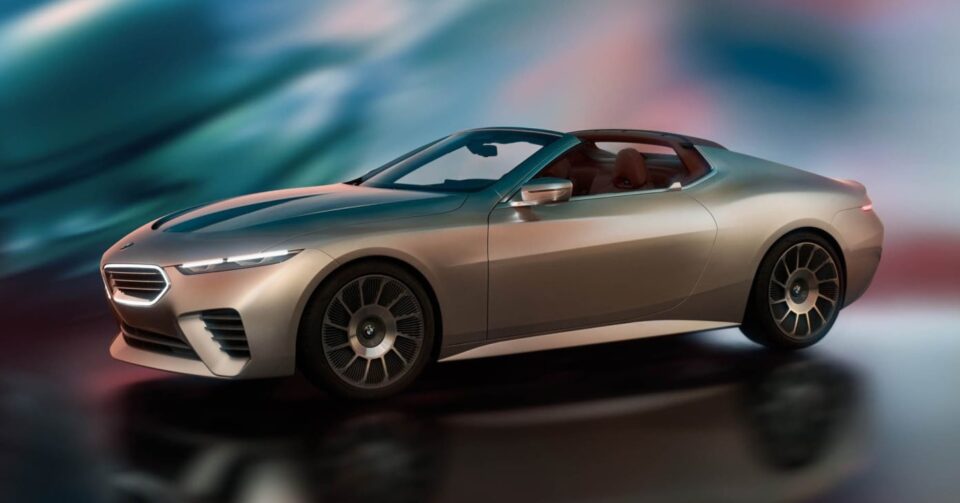
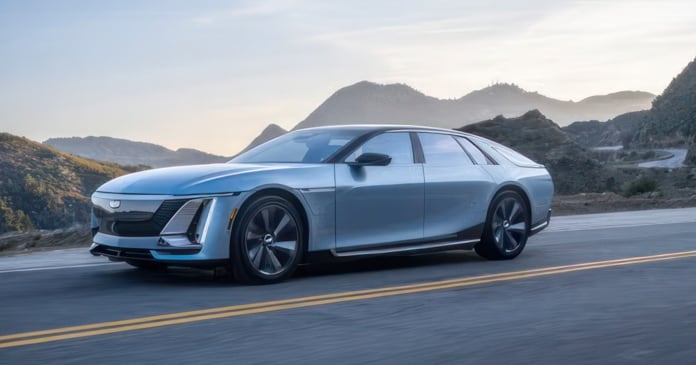
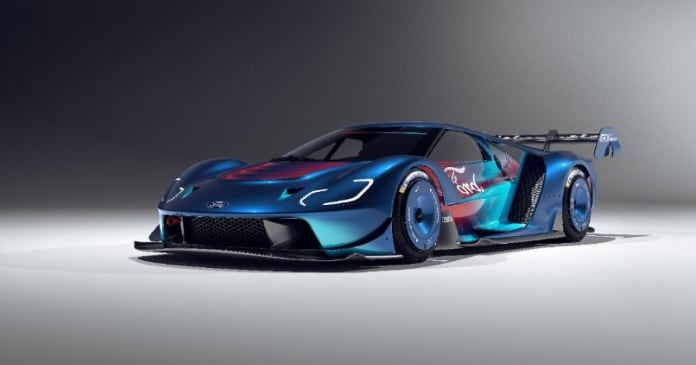
BMW’s modern revival, Cadillac’s luxury concept, Ford’s high-speed design (Image: BMW, Hearst, Ford)
That’s where luxury brands must tread carefully. Nostalgia still resonates, particularly with aging buyers who crave the roar of carbon-burning engines as one last indulgence. But nostalgia is finite. Ferrari’s first EV epitomizes this tension: launching in 2025, it promises to still feel like a Ferrari, with the automaker claiming that ‘emotion’ won’t be lost in the new engine roar6. The tightrope between honoring legacy and embracing the future is thinner than ever.
The Brand Intimacy Imperative
As technology redefines transportation, luxury automakers cannot rely solely on scarcity and legacy. Status symbols are no longer immune to disruption. To endure, these brands must deepen intimacy, strengthening emotional bonds beyond exclusivity, performance, and aesthetics.
Brand Intimacy offers both a destination and a safety net. By cultivating stronger connections, luxury brands can transcend commoditization, adapt to cultural shifts, and remain symbols of aspiration in a world rapidly reshaping what those aspirations mean.
Without intimacy, the luxury automotive category risks becoming ornamental—a relic of another era. With intimacy, it can evolve into something far more powerful: a living, breathing expression of desire that transcends technology.
Get an overview of Brand Intimacy here.
Read our detailed methodology here. Our Amazon best-selling book is available at all your favorite booksellers. To learn more about how we help clients enhance their consumer bonds, visit mblm.com/services.
Sources
1 Rimac Automobili. (2023, May 17). Rimac Nevera sets 23 performance records in a single day. Rimac Newsroom. https://www.rimac-newsroom.com/press-releases/rimac-automobili/rimac-nevera-sets-23-performance-records-in-a-single-day
2 Silvestro, B. (2024, August 12). A 2,959-hp Chinese EV has dethroned Bugatti to become the world’s fastest production car. Maxim. https://www.maxim.com/rides/a-2959-hp-chinese-ev-has-dethroned-bugatti-to-become-the-worlds-fastest-production-car/
3 Krisher, T. (2024, November 22). Jaguar, luxury automaker, defends controversial rebrand amid pivot to EVs. CNBC. https://www.cnbc.com/2024/11/22/jaguar-luxury-automaker-defends-controversial-rebrand-amid-pivot-to-evs.html
4 U.S. News & World Report. (2024, March 15). Cars with the fastest depreciation. U.S. News. https://cars.usnews.com/cars-trucks/advice/cars-with-the-fastest-depreciation?onepage
5 China Economic Net. (2025, February 26). China’s auto industry faces challenges and transformation. http://en.ce.cn/Insight/202502/26/t20250226_39303617.shtml
6 Franck, T. (2024, March 19). Ferrari boss promises emotion won’t be lost in EV engine roar. CNBC. https://www.cnbc.com/2024/03/19/ferrari-boss-promises-emotion-wont-be-lost-in-ev-engine-roar.html
